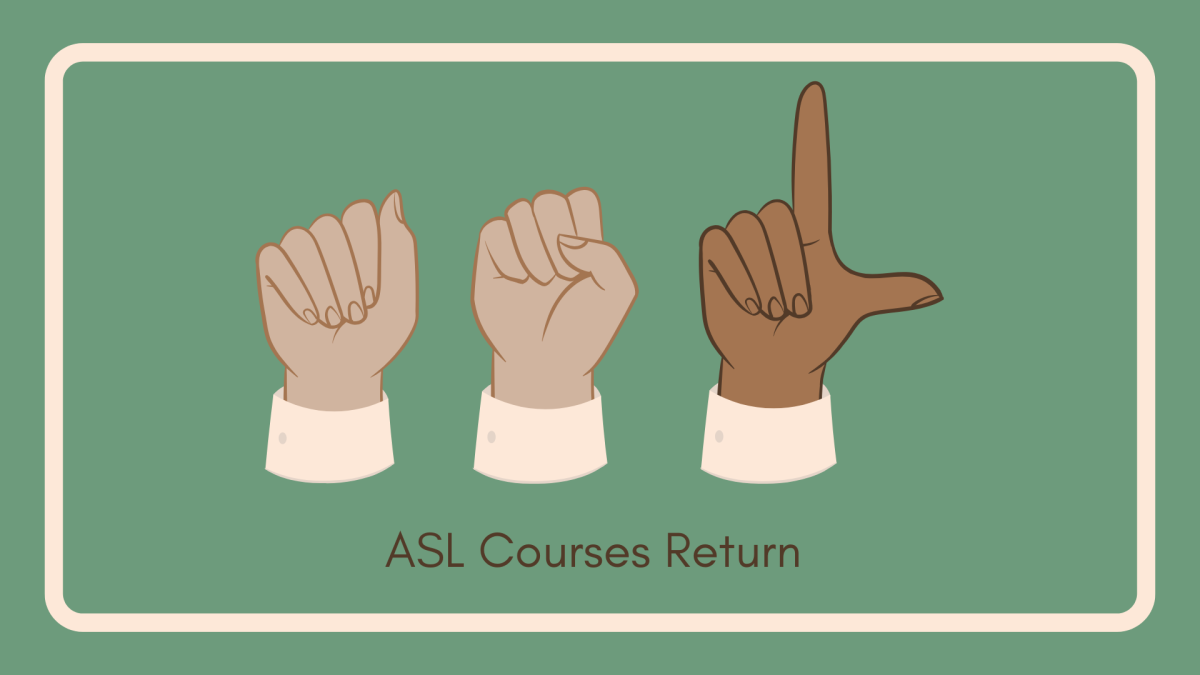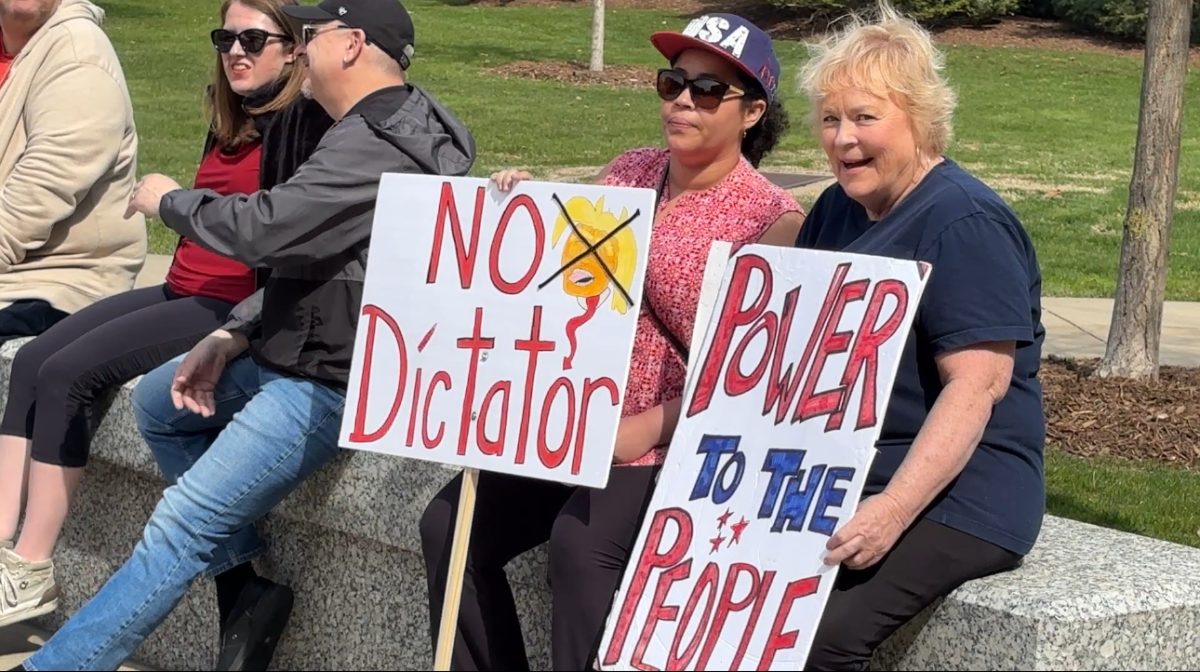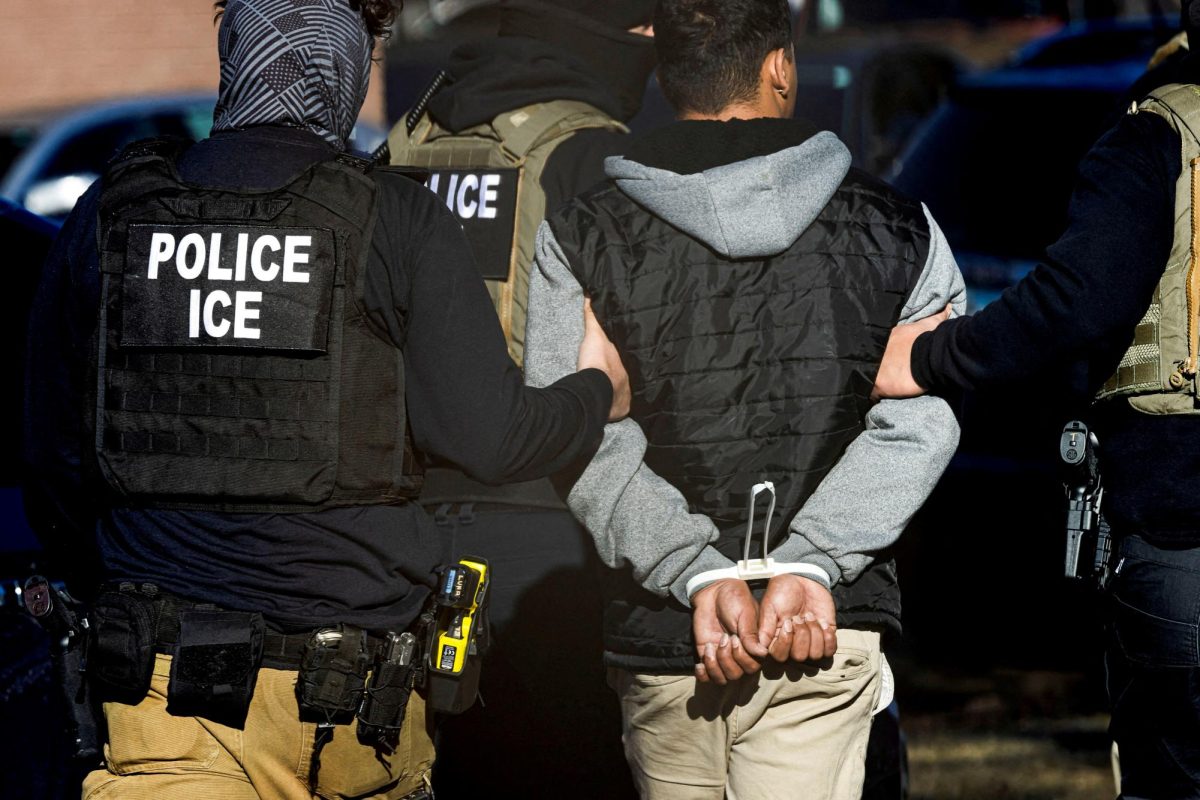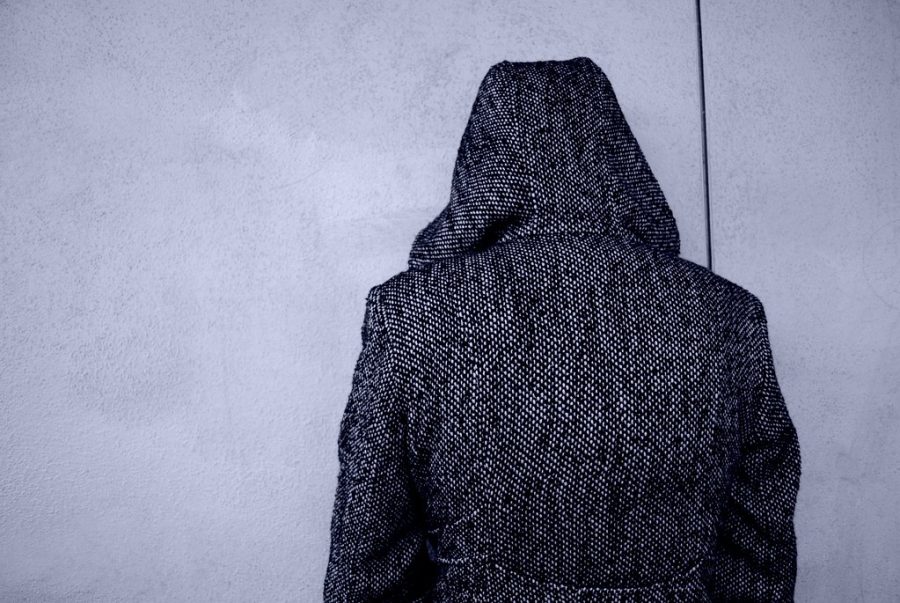A new array of gun laws went into effect on the first anniversary of the Feb. 13 shooting at Michigan State University. As a result of that tragedy and the Oxford High School shooting in December 2021, Michigan lawmakers embarked on the next phase of gun safety in the state.
Passed by the first Democratic-led legislature in decades and signed into law by Gov. Gretchen Whitmer in the spring of 2023, there are four different laws that went into effect this February.
Democrat Rep. for Michigan’s 23rd house district Jason Morgan said, “All four of these laws work together to reduce incidences of gun violence and the effects of them. All of them are important to reducing gun violence in Michigan.”
Safe Storage
Outlined in Senate Bills 79-81, these laws explain that if you own a firearm and a child is present in your home (be it your child or someone else’s), you are required to lock up your firearm or else you are liable for any damages the child might inflict on someone else or themselves.
The bill explains that “An individual who stores or leaves a firearm unattended on premises under the individual’s control, and who knows or reasonably should know that a minor is, or is likely to be, present on the premises” shall “store the firearm in a locked box or container” or “keep the firearm unloaded and lock the firearm.”
Democrat Rep. Julie Brixie, who represents Michigan’s 73rd House District (the district MSU is located in), described that this law is, “very targeted to ensuring that if people have guns in their homes, and they have them lawfully, that they are storing them safely so that kids can’t accidentally access them.”
This is not a problem unique to Michigan, as 2.6 million children across the U.S. live in homes with firearms that are unlocked and either loaded or stored with ammunition. This law is meant to decrease that number of children and prevent a similar situation to the shooting at Oxford High School , wherein the parents failed to secure a firearm on their property and the child gained control of it.
“[Safe storage] should be, I guess, in my opinion, universally supported,” Rep. Morgan said. “Just the simple idea that you have to make sure kids can’t access guns accidentally.”
Universal Background Checks
Defined in House Bills 4138, 4142 and 4143, these make background checks on any firearm purchase law. The previous law, 1927 PA 372, which also involved concealed carrying, only applied to pistols, which created a loophole. These bills close that loophole and apply it to all firearms, not just pistols.
“We had a work-around from background checks before, if you were going to buy a gun at a gun show or from an individual, a private sale, you didn’t have to do a background check,” Rep. Brixie said.
Extreme Risk Protection Orders (ERPOs)
Michigan became one of 21 states with Extreme Risk Protection Orders, commonly known as red flag laws. House Bill 4146 and Senate Bill 83 put ERPOs into effect in Michigan. The most controversial of these four gun safety measures, ERPOs, give law enforcement and the people at large the power to petition a court to remove a firearm if the petitioner believes the person with the firearm is at risk of harming themselves or others.
“[If] somebody knows that a family member or someone close to them is a risk to themselves or others and they also know that that individual has access to a gun, this gives the individual’s spouse or child or immediate family member the ability to essentially issue a red flag to say that this person is not safe to have a weapon anymore, at least temporarily,” Rep. Morgan analyzed.
The people who can petition to have a gun removed from an individual include a spouse or former spouse, someone who is in a dating relationship with the individual, a family member or someone who resides in the same house with the individual, a health care provider and a law enforcement officer.
As for the petitioning process, you must provide evidence that the person is seriously at risk of hurting themselves or someone else. Depending on the circumstance, the order can take 24 hours or up to five days to be approved by a court. After that, in most cases the individual will have 24 hours to surrender their weapon.
“You have to show threatening text messages or voicemails or evidence that you were injured or something. You have to have some sort of evidence that shows that this person is a threat to you,” Rep. Brixie said.
Rep. Morgan further described, “You can’t just walk into somebody’s house and say, ‘Hey, you’re a danger to yourself, or others. I’m going to take your gun.’”
“This was put together working with sheriffs and law enforcement officers and mental health professionals to come up with the most effective way to protect people without infringing on anyone’s rights more than should ever be needed,” Rep. Morgan said. “The Sheriffs Association, which is not a liberal group by any means, was actually supportive of this bill.”
ERPOs can be used to help prevent both suicides and mass shootings. In Michigan, 56% of gun-related deaths are suicides. A 2017 Duke University study on Connecticut, home to the oldest red flag law in the country, found that there is approximately one averted suicide for every 10 to 11 gun seizures. Family members seeing warning signs in loved ones can issue an order to have the gun removed and prevent the individual from hurting themselves.
“If you look at both of the mass shootings that have occurred in Michigan in the last five years, extreme risk protection orders, if they had been an option, could have been utilized to prevent those folks from having a gun,” Rep. Brixie said.
Executive Director of the Michigan Sheriffs’ Association Matt Saxton says there have been 33 orders placed across Michigan since ERPOs went into effect.
“In a majority of those, the requester was the law enforcement agency themselves. It is a tool that law enforcement is using in situations where individuals appear to be a threat,” Saxton said.
In addition to law enforcement, the public should be aware of ERPOs. One reason why law enforcement submits most of the orders is because they’re the only ones who know about the law’s existence. A 2018 study from the Ad Culture Research institute said 75% of people support red flag laws once they understand what they are.
“The mental health community is aware of the changes that had been made,” Rep. Brixie said. “And in terms of getting the word out to other people, law enforcement is aware of these orders, and they’re involved intimately in all of the extreme risk protection orders and the personal protection orders. We expect that the police will help people who are candidates for getting these orders put into place, help them work through and navigate the court system.”
Personal Protection Orders (PPOs) have been in place in Michigan for years. Similar to an ERPO, it’s a court order that you can file to protect you from someone who’s sexually assaulted you or threatened to do so.
“[PPOs] not only prohibit an individual from possessing firearms but also prohibit that individual from having contact with the protected person,” Saxton said.
Convicted Domestic Violence abusers can’t own guns or ammo for eight years
The fourth measure is spelled out in Senate Bill 471, which states that a person convicted of a misdemeanor involving domestic violence cannot buy a firearm or ammunition for eight years following their release from prison and payment of all fines.
In 2000, 4.5 million women reported being threatened by an intimate partner with a gun. Although that does not account for those partners who have been convicted of domestic violence, the aim is to decrease that number in Michigan.
“If you are someone convicted of domestic violence, you have been convicted of causing serious harm to somebody associated with you in your household, and we don’t think that you should be able to use a weapon if you’re going to use a weapon to further that situation,” Rep. Morgan said.
The Educational Fund to Stop Gun Violence says that two thirds (68.2%) of mass shooters have a history of domestic violence. This law aims to prevent these potential mass shooters with a domestic violence history from having firearms in Michigan.
Broader Impact
These bills were passed and signed into law throughout 2023. Rep. Brixie said they were not difficult to pass, but it wasn’t at all bipartisan. Of the nine bills that make up these new restrictions, the only one that had some bipartisan support was Senate Bill 81, which makes firearm safety devices exempt from being taxed.
Brixie said these bills have been on the table for years, but the previous Republican-led legislature wouldn’t allow them to be heard on the floor. Now that Democrats control the legislature, this legislation could be a stepping stone to further gun restrictions in Michigan.
“I would like to see additional protections to make sure that people have their weapons that are reasonable to have, but that there are limitations put in place for assault weapons, for example,” Rep. Morgan said. “It’s very clear that the average person does not need to have access to an assault weapon or military-grade weaponry. But a lot of folks like hunting and recreational shooting and things like that and they should absolutely still have that right to have those weapons.”
Rep. Brixie says a new bill could ban both concealed and open-carry weapons in the Capitol building and surrounding grounds, as well as in any state or legislative offices.
The shooting on MSU’s campus proved too much for lawmakers to ignore.
“I think the Oxford shooting was extremely eye-opening for a lot of people and caused legislators to take a serious look at our gun safety laws in Michigan,” Rep. Morgan said. “But I think the MSU shooting was the final kind of catalyst to convince lawmakers that they absolutely had to pass something.”






















